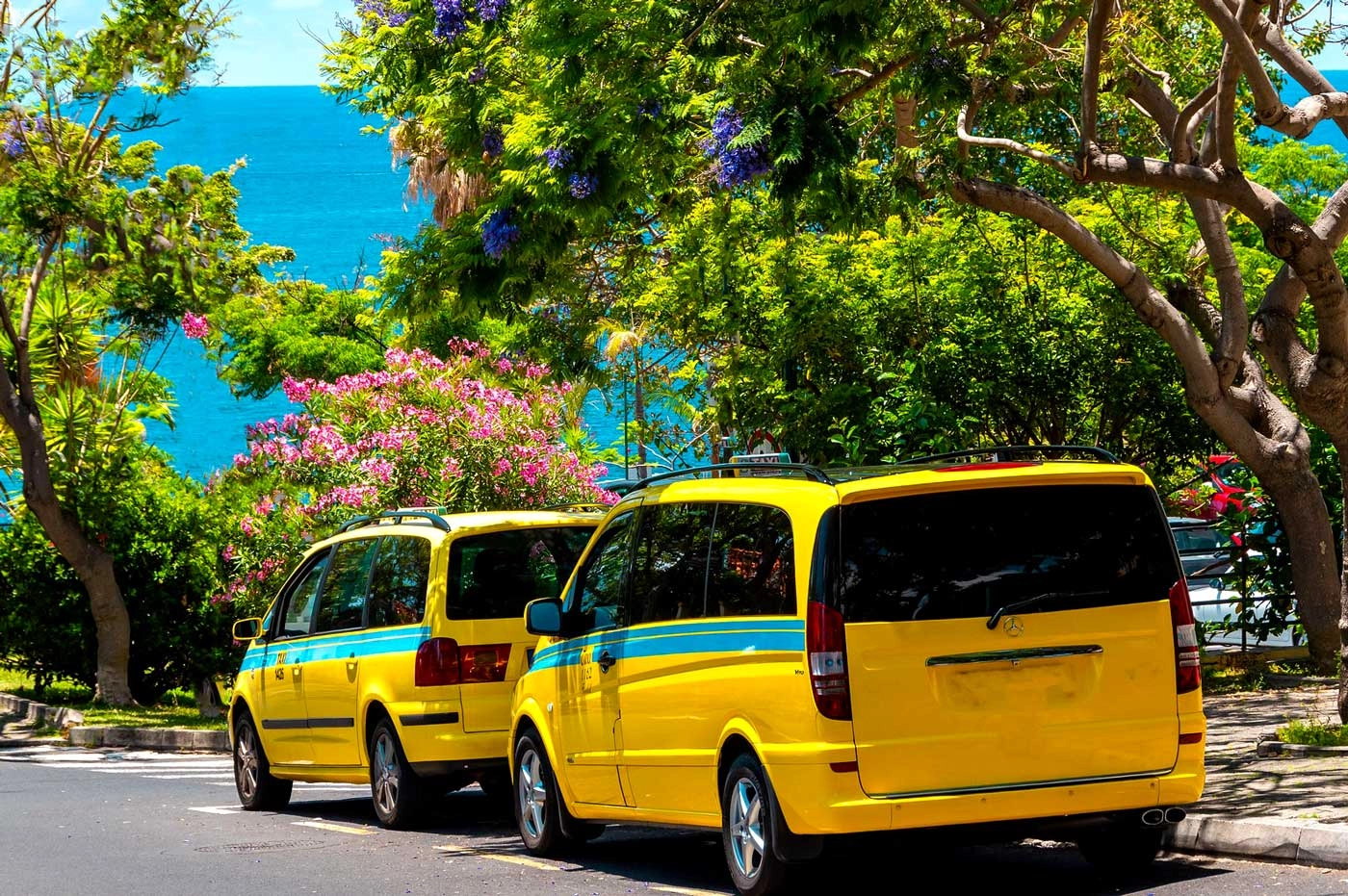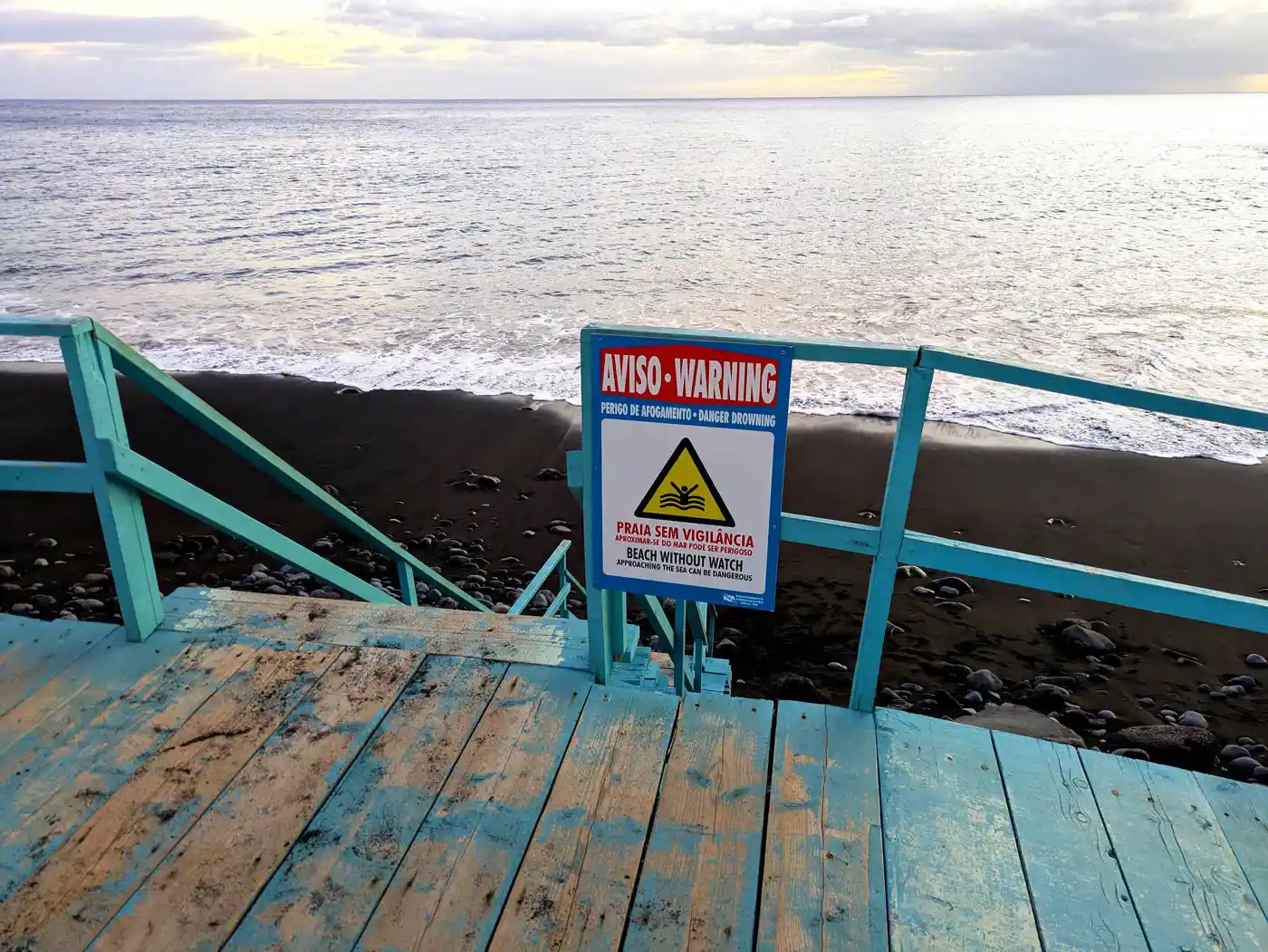Madeira Government Exceeded Its Powers on Stopping TVDE Licenses
The Representative of the Republic for Madeira, Ireneu Cabral Barreto, has refused to sign a regional decree on ride-hailing services, ruling that the regional government had gone beyond its authority. The decree attempted to introduce rules on TVDE - the transport of passengers in unmarked vehicles arranged through platforms such as Uber and Bolt - but was returned to the Regional Government after being declared unconstitutional.
At the center of the proposal was a temporary suspension of new licenses for operators and drivers. By trying to impose such restrictions, the Madeira government entered an area of law that is reserved for the national Parliament, not regional authorities.
Constitutional Court Rulings Leave No Room for Regional Limits
In his explanation, Barreto referred to rulings by the Constitutional Court, including judgments No. 180/2022 and No. 68/2024. Both state that only the Assembly of the Republic can restrict the constitutional right to private economic initiative.
The decision is based on the jurisprudence of the Constitutional Court … which determines that any limitations to the right of private economic initiative … are of the reserved competence of the Assembly of the Republic, so norms from other legislative or regulatory bodies that seek to establish such limitations are organically unconstitutional
This meant the regional decree was considered invalid from the outset because it tried to limit economic freedoms without the proper authority.
Representative’s Role as Guardian of the Constitution
The Representative of the Republic functions as a safeguard to ensure Madeira’s autonomy operates within constitutional limits. Although the islands enjoy broad powers of self-government, there are areas - such as economic freedoms and rights - where only national lawmakers may intervene.
By declaring the decree “affected by organic unconstitutionality,” Barreto made clear that regional authorities cannot bypass or override national law. The Madeira government was therefore stopped from implementing a measure it did not have the constitutional power to enforce.
Consequences for Ride-Hailing Services in Madeira
The proposal was received at the Palácio de São Lourenço, the official residence of the Representative, on August 18. Its rejection leaves Madeira unable to suspend or limit new licenses for ride-hailing operators and drivers. The case underlines an ongoing challenge for regional governments in Portugal: exercising autonomy while staying within constitutional boundaries. For now, Madeira’s attempt to regulate the fast-growing ride-hailing sector has been halted, and the current national framework remains in place.






Comments